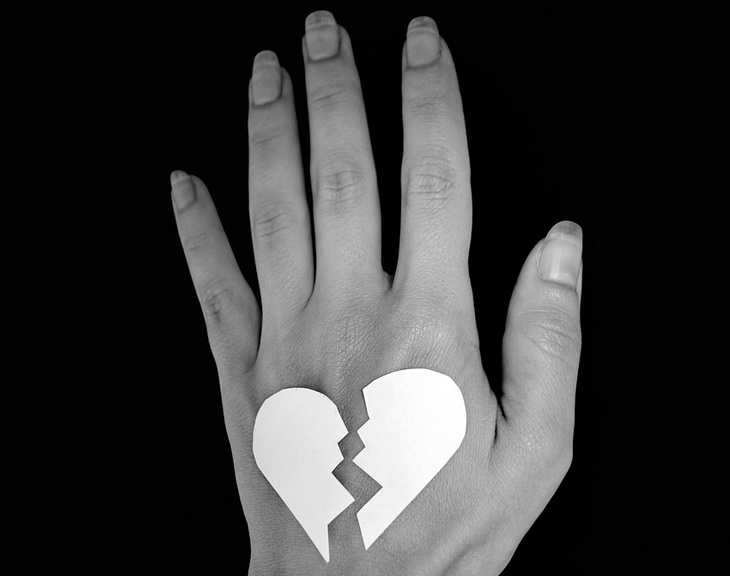Have you ever noticed that even the most passionate romances often die according to the same scenario?
First, sleepless nights with conversations until the morning, then joint plans for years to come, and a year later - silence at dinner and thoughts: “Where did it all go?”
Psychologists from the Gottman Institute have found out that 90% of couples make a fatal mistake that turns love into ruins within 12 months. And it’s not cheating or scandals, but something more insidious – emotional burnout. For example, you stop asking: “How was your day?”, because “everything is clear anyway.” But the brain perceives this not as a routine, but as a danger signal.

Why does routine kill passion? It’s all about the brain’s neuroplasticity. When you first fall in love, every touch, joke, or look triggers a surge of dopamine. But after a year, the brain adapts — it needs more stimuli for the same delight. A 2023 study found that couples who don’t introduce “emotional innovations” lose attraction three times faster. For example, if your dates are limited to watching TV shows on the couch, neurons stop responding to your partner as a source of joy.
The most dangerous enemy of a relationship is the habit of negative prediction. You decide in advance: “He’ll forget about our anniversary again” or “She won’t appreciate my gift.” Neuroscientists from Stanford have discovered that such thoughts activate areas of the brain responsible for anxiety, even if your partner hasn’t done anything yet. This creates a self-fulfilling prophecy. For example, you’re so afraid of an argument because you’re late that you meet your partner irritated — and an argument happens.
How to break this cycle? Psychologists recommend the “30-second rule.” Every day, set aside half a minute for an unexpected gesture: a kiss on the neck, a funny note in the bag, a compliment in your partner’s native language. A study by the University of California has proven that such microsignals increase oxytocin levels by 40%, “rebooting” the emotional connection.
But what if the feelings have already cooled? Use “reminiscence therapy.” Arrange a date in the place where you first confessed your love to each other. Neuroscientists explain: spatial memory is closely connected with emotions. Aromas, sounds and tactile sensations “wake up” dormant neural connections. An experiment involving 200 couples showed: 78% of them restored intimacy after such a ritual.
The most unobvious fact: boring couples are happier than passionate ones. Scientists from Chicago observed 1,000 families for 10 years and found that those who avoided the “emotional roller coaster” divorced 60% less often. Their secret is in “boring” rituals: shared breakfasts, evening walks, the tradition of drinking coffee together. The brain perceives stability as safety, reducing cortisol levels.
Love is not an eternal fire, but a bonfire that needs to be fed. If today you replace one automatic "Hello" with "How are you feeling?", this is already a step towards salvation. As psychologist Erich Fromm wrote: "Love is not a feeling, but a decision." And even if 90% of couples give in to routine, you can be the 10% who turns a habit into a new romance - slow, deep and real.








